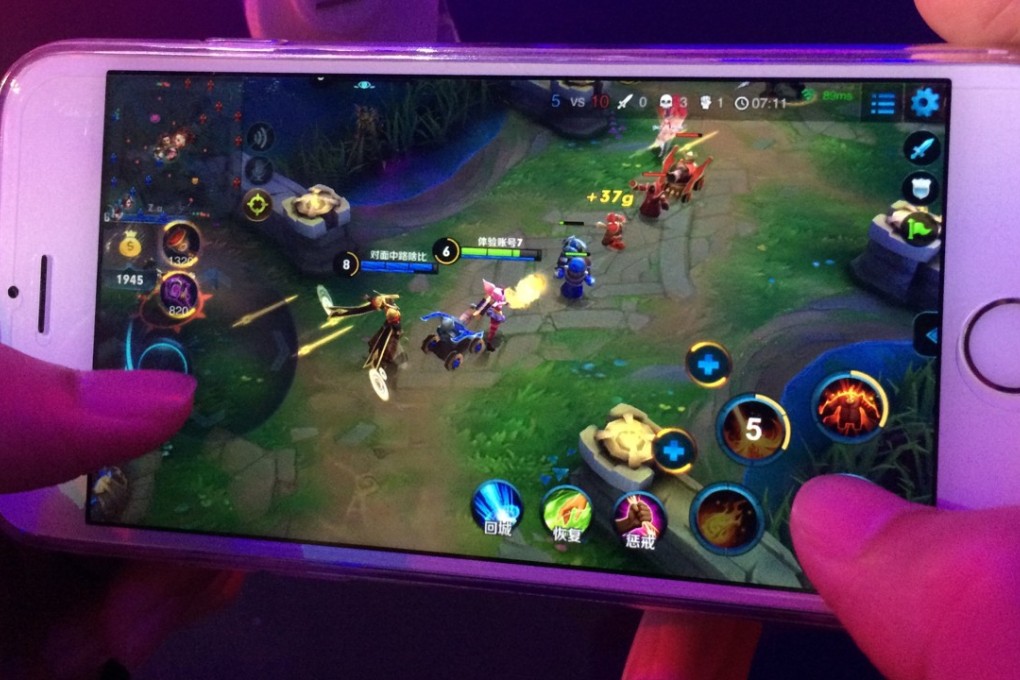Why China’s Honour of Kings is so popular: it’s all about communication
It’s the game that has as many active players as there are people on Germany, and it’s sweeping through China. Players say they like it because it connects them with friends, but the authorities are fretting over addiction

Shanghai mother Wu Lin wasn’t worried about widespread criticism of the hit video game Honour of Kings – branded ‘poison’ and a ‘drug’ by China’s official People’s Daily newspaper. She downloaded it onto her iPad, opened an account for her nine-year-old son Haohao, and said, “son, play it.”
For her, it was more a case of making sure the boy, a grade-three pupil at primary school, was not left out of a craze that is sweeping the country.
“Now that the summer holiday is here, I think my son can play it for a while, otherwise he won’t be able to join in the conversation with his peers,” she said.
“He can play together with his friends and see each other’s ranking in the game. It’s a kind of group communication and that’s quite absent in the kids’ life nowadays,” Wu said.
A fantasy role-playing game based on Chinese historical characters and developed by gaming and social media giant Tencent, Honour of Kings has become the most popular mobile game in the world. It has more than 200 million registered players – about one for every seven people in China and about 80 million daily active users, equivalent to the population of Germany.